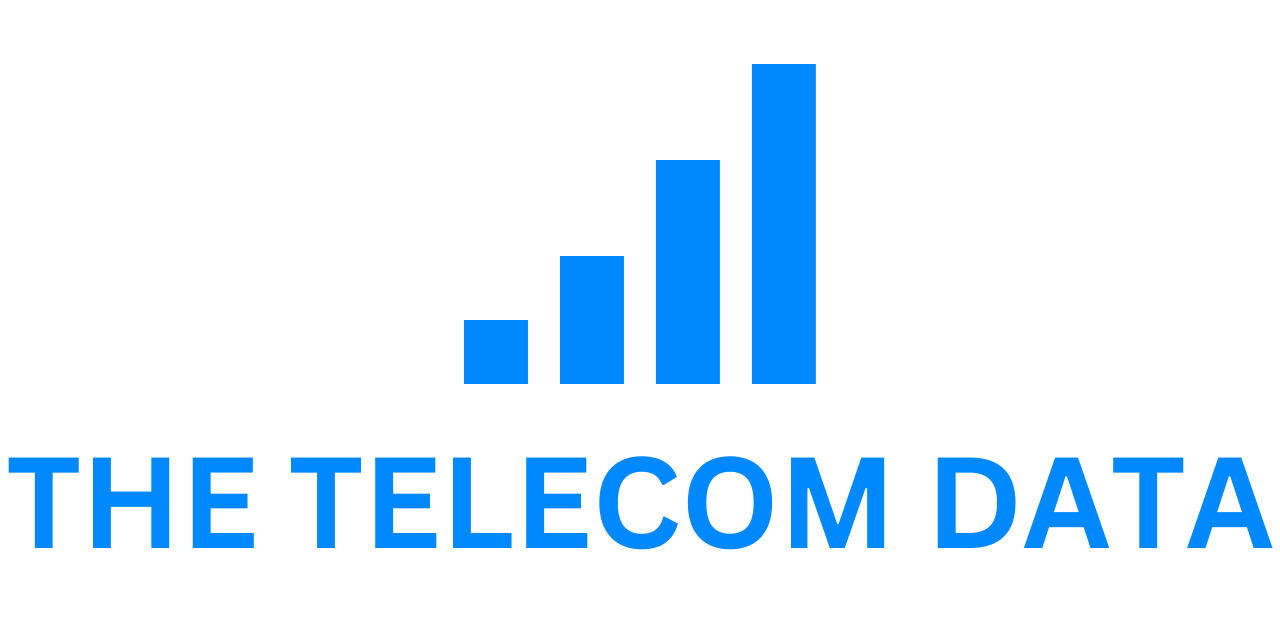
Technology is advancing presto and everyone is decreasingly upset about the terrain. Then are four crucial areas companies can concentrate on to address the sustainability challenges of the future.
Telenor and the Norwegian School of Economics( NHH) have banded nearly for numerous times to increase knowledge- sharing across business and academia. During a visit to Bergen, Telenor CEO Sigve Brekke met with scholars and associate professors to bandy green digital metamorphosis.
Technology is advancing presto and everyone is decreasingly upset about the terrain. Then are four crucial areas companies can concentrate on to address the sustainability challenges of the future.
Telenor and the Norwegian School of Economics( NHH) have banded nearly for numerous times to increase knowledge- sharing across business and academia. During a visit to Bergen, Telenor CEO Sigve Brekke met with scholars and associate professors to bandy green digital metamorphosis.
- When we talk about moving towards a further sustainable future, it’s not just about a green transition; we also need to concentrate on making it a just transition for everyone, Sanjin Damjanovic, pupil, NHH, said. NHH DIG is Norway’s leading centre on digital metamorphosis
Sanjin Damjanovic studies finance at NHH and was part of the discussion with PhD pupil Sagar Gaikwad, associate professor in Strategy and Organisation, Björn Schmeisser and associate professor in International Strategy, Tina Saebi. Both scholars and professors have conducted exploration on Telenor.
Last time, I worked on a study about creating sustainable business models, which means business models considering both profitable, social, and environmental value creation. Telenor has numerous health- related business models and when they came up with a new business model furnishing digital health services in Bangladesh, it was great that the directors were told to suppose more like entrepreneurs. Unfortunately, not all companies promote that kind of culture, Saebi, Associate Professor, NHH, said.
When we talk about moving towards a further sustainable future, it’s not just about a green transition; we also need to concentrate on making it a just transition for everyone, Sanjin Damjanovic, pupil, NHH, said.
NHH DIG is Norway’s leading centre on digital metamorphosis
Sanjin Damjanovic studies finance at NHH and was part of the discussion with PhD pupil Sagar Gaikwad, associate professor in Strategy and Organisation, Björn Schmeisser and associate professor in International Strategy, Tina Saebi. Both scholars and professors have conducted exploration on Telenor.
-Last time, I worked on a study about creating sustainable business models, which means business models considering both profitable, social, and environmental value creation. Telenor has numerous health- related business models and when they came up with a new business model furnishing digital health services in Bangladesh, it was great that the directors were told to suppose more like entrepreneurs. Unfortunately, not all companies promote that kind of culture, Saebi, Associate Professor, NHH, said.
Sigve Brekke emphasises that sustainability is pivotal and should be a commitment from top leadership, integrated into fiscal reporting. Brekke challenged CFO in Telenor, Tone Bachke, to explain, in just twenty seconds during a call, why both finance majors, and CFOs worldwide should prioritise sustainability.
- There are two main reasons to bring sustainability into finance. First, it facilitates value creation for stakeholders, and second, there’s an imbrication in methodologies between finance and sustainability reporting. The tools and fabrics we use for fiscal reporting can also insure that we’ve the same position of quality and robustness in our sustainability reporting, Bache, CFO, Telenor, added.
hookups and enterprise drive change
The CEO, the Associate Professors and the scholars agree that a holistic and long- term approach to sustainability is important for driving sustainable change. Suppliers, peer groups and digitalisation are important rudiments. Balancing short- term fiscal pressures with a commitment to sustainability remains a critical challenge for companies. From my experience, it’s pivotal to produce group pressure to drive real change. I’m part of peer groups where top leaders from different companies meet to bandy progress and commitments on sustainability. similar peer groups produce a culture of responsibility, Brekke said. Strategic and long- term hookups are important to both Telenor and NHH. NHH DIG has mates similar as Sintef, Coop, Gjensidige, Virke and Abelia. There’s a nice saying If you want to go presto, goalone.However, go together, Schmeisser, If you want to far.
crucial takeaways
Sustainability must be part of the business model Sustainable business incorporate environmental and social value creation at the core of the business model. Sustainability should be integrated into crucial organisational functions Linking sustainability nearly to crucial commercial functions, similar as finance, is most natural as it involves analogous methodologies and processes – icing a direct donation to value creation for all stakeholders. Group pressure can drive change Large companies can impact suppliers to commit to wisdom- grounded targets on energy effectiveness and sustainability. CEO peer groups are effective to produce a culture of responsibility and to produce commitment among top leadership. hookups are essential to drive change Meeting sustainability challenges alongside fiscal pressures demands new chops and capabilities, and no company can break these challenges alone.







